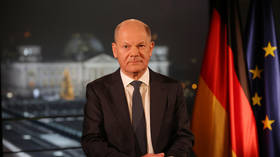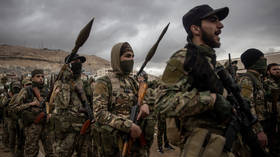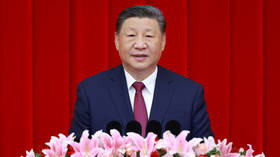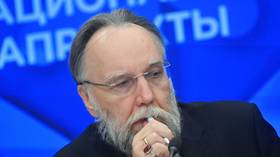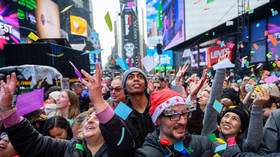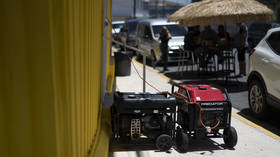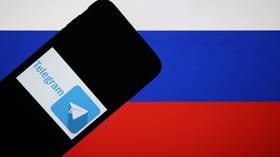Indian Parliament summons Facebook officials over rampant ‘Fake News’ and privacy concerns
A parliamentary panel in India is summoning representatives from Facebook, WhatsApp, and Instagram to discuss concerns over both citizens’ privacy and an outbreak of “fake news” ahead of elections this year.
The parliamentary committee on information technology announced it would be discussing the issue with Facebook officials on March 6. The social media juggernaut owns both messaging service WhatsApp and photo-sharing platform Instagram.
Also on rt.com Pakistan ready to talk, but ‘will retaliate’ if India moves to avenge deadly terror attack – PMFacebook announced at the beginning of the month that it would be strengthening its fact-checking group which verifies posts on Indian social media, as well as toughening the rules for political ads ahead of the elections scheduled for April and May. The effort seems to have been ineffective, however, as the country’s social media platforms have reportedly become hotbeds of politically charged misinformation.
In particular, deceptively edited videos, false stories, and photoshopped images were reported to spread like wildfire in the wake of the deadly Pulwama attack last week. The CEO of India’s international fact-checking network Boom Live wrote on Twitter that he had “never seen anything” close to the scale of fake information spread around the story of the terrorist bombing.
I've never seen anything like this before - the scale of fake content circulating on one story https://t.co/Ce2Yh7IdVW
— Trushar Barot (@Trushar) February 17, 2019
In a string of tweets, Boom fact-checked 25 popular falsified social media posts related to the incident, many containing content clearly intended to increase fear and uncertainty, with tensions already running high. The Indian central police force even stepped in, warning the public about the posts which it claims were circulated to increase political tension.
ADVISORY: It has been noticed that on social media some miscreants are trying to circulate fake pictures of body parts of our Martyrs to invoke hatred while we stand united. Please DO NOT circulate/share/like such photographs or posts. Report such content at webpro@crpf.gov.in
— 🇮🇳CRPF🇮🇳 (@crpfindia) February 17, 2019
The majority of the fake content targeted the Indian National Congress, the ruling party’s primary opposition. One image, for instance, showed the president of the congress, Rahul Gandhi, photoshopped next to one of the suicide bombers. Another video had been edited to make it look like Rahul’s sister and fellow congress member Priyanka Gandhi had been laughing at a press conference following the attack. According to an investigation by local media, the fake content had been widely disseminated through WhatsApp.
Less than 24 hours after the terror attack in #Pulwama, a photoshopped image shows @RahulGandhi with suicide bomber Adil Ahmed Dar. https://t.co/o5vVdZmvLH
— BOOM FactCheck (@boomlive_in) February 16, 2019
With India being Facebook’s largest customer base, the company has a vested interested in maintaining a good relationship with the government. The panel had already summoned Twitter CEO Jack Dorsey, who is expected to appear Monday to discuss the same issues.
Like this story? Share it with a friend!


